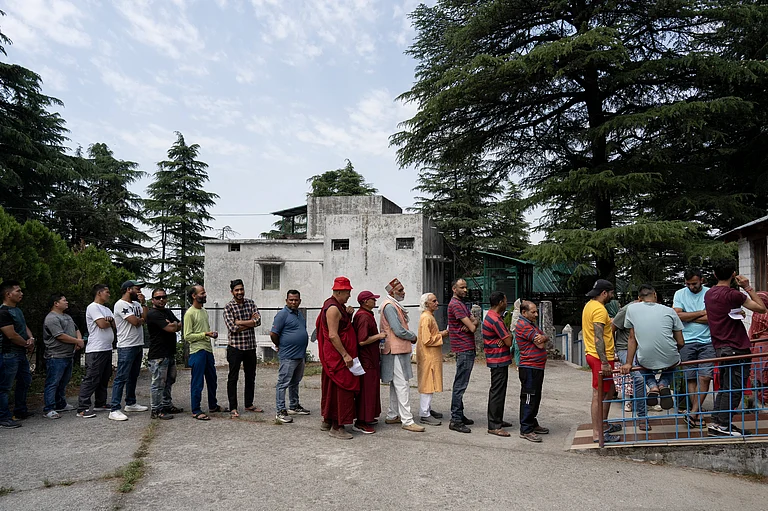A coalition of over 100 community organizations, Le Revers de la Médaille, has reported that nearly 20,000 people were forcibly displaced in the Paris region ahead of the 2024 Olympics. Their report, released Monday, claims that from April 2023 to September 2024, authorities evicted 19,526 individuals from informal housing, including tent camps and shelters. The group refers to this as a form of "social cleansing," asserting that some individuals faced multiple evictions and could be counted more than once.
As Paris prepared to welcome millions for the Olympics, substantial renovations took place, allegedly involving the removal of visible camps and makeshift housing near event venues. According to spokesperson Paul Alauzy, the coalition has evidence, including images and official documents, showing that these evictions were tied directly to Olympic preparations. Alauzy cited eviction orders explicitly referencing the Games, reinforcing the claim that the displacements were intended to present a polished image of Paris to the world.
The report shows that eviction operations surged, with 260 evictions carried out between April 2023 and September 2024, a 41% increase from the same period in 2021-2022. Among those displaced, over 4,500 were minors. The coalition argues that the government’s heightened security and city beautification efforts, especially along the Seine for the Games’ unprecedented opening ceremony, led to the displacements.
French officials have not yet responded to the report’s figures. However, in August, Marc Guillaume, the prefect of Île-de-France, denied a connection between the eviction rate and the Olympics, claiming that alternative housing options were offered to each displaced individual. French President Emmanuel Macron, who has touted the social benefits of the Olympics, addressed the issue the day after the closing ceremony. He noted that more than 200 previously homeless individuals near Olympic venues had been rehoused, presenting this as part of a social legacy tied to the Games.
Despite these assurances, Le Revers de la Médaille remains critical of the Olympic hosting model, which they argue often results in the displacement of vulnerable populations. Their report advocates for a reevaluation of this model, suggesting a permanent location for future Olympics to prevent recurring issues. They also call for more sustainable and inclusive practices that prioritize the well-being of local communities, aiming to reduce forced displacements linked to large-scale events like the Olympics.
This report contributes to a growing debate on the impacts of major international events, with community groups pressing for systemic changes to protect marginalized populations from the adverse effects of urban transformations tied to global spectacles.
(This story is a reworked version of a PTI feed)


























